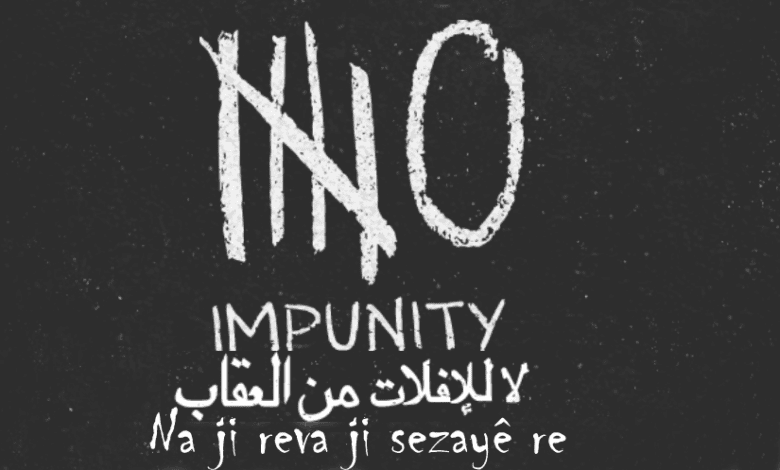
International Day to End Impunity for Crimes against Journalists
“If we do not protect journalists, our ability to remain informed and make evidence-based decisions is severely hampered. When journalists cannot do their jobs in safety, we lose an important defense against the pandemic of misinformation and disinformation that has spread online.”[i]
The world observes today, 2nd November, the International Day to End Impunity for Crimes against Journalists[ii], adopted by the UN General Assembly in its resolution[iii] of 18th December 2013, to address the phenomenon of a culture of impunity[iv] for crimes against journalists, which the UNGA considered it to “constitute one of the main challenges to strengthening the protection of journalists”.
In its resolution, the UN General Assembly noted that journalists and media professionals in areas of armed conflict shall be considered as civilians and shall be respected and protected under international humanitarian law and relevant conventions and treaties obligating the protection of civilians.
In the past fourteen years (2006-2019), close to 1,200 journalists have been killed for reporting the news and bringing information to the public. In nine out of ten cases the killers go unpunished[v]. Impunity leads to more killings and is often a symptom of worsening conflict and the breakdown of law and judicial systems. UNESCO expressed its concern that “impunity damages whole societies by covering up serious human rights abuses, corruption, and crime.”
In Libya, journalists and media workers have been suffering for decades from the lack of an enabling environment to work independently and with no interference by the authorities.
After February 2011, Article 14 of the Interim Constitutional Declaration guaranteed freedom of expression and press freedom and repealed laws restricting press freedom. During the early years of the February Revolution, Libya witnessed a remarkable development in press freedom and freedom of expression.
Journalists in Libya are subjected to many violations. According to a report by the Libyan Center for Freedom of the Press[vi] “from May 1, 2019 to April 30, 2020) 70 attacks of varying severity were documented, some amounted to threats and attempted murder, in addition to a host of other serious violations such as enforced disappearance, arbitrary arrest, beatings, abuse, arbitrary dismissal, restrictions, attacks and escalation against the media, leading to prosecution and legal actions”. Though, the number of violations dropped during this period, compared to previous years, however, many journalists were forced to either leave the profession or leave Libya in search of a safer place, because of threats to their lives and freedoms.
LHRS-PRS-2020-11-187-EN




